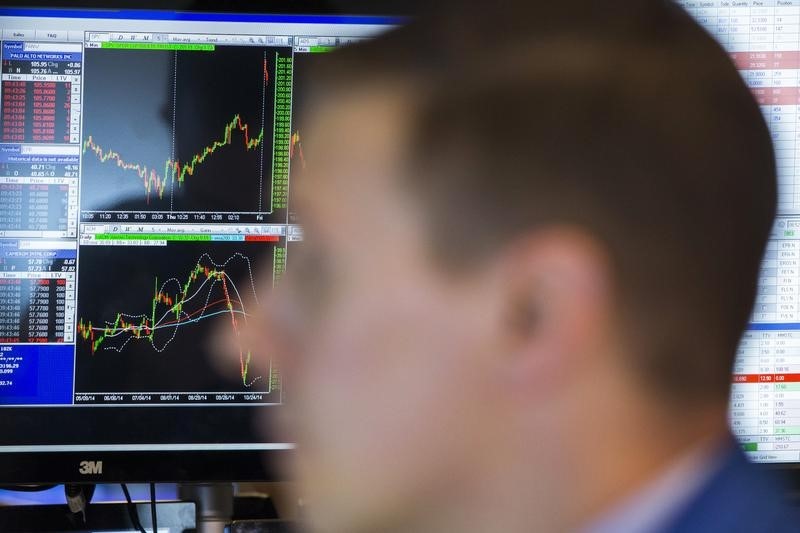There’s a common image of stock market investors sitting in front of screens all day, waiting on every snippet of information, and making snap decisions on whether to buy, sell or hold whenever a stock comes up on their newsfeed.
If you’ve read any of our thoughts here at The Motley Fool, you’ll know we’re nothing at all like that — and nor should you be. But the question of whether, and when, to buy shares is still an important one.
Banks You might, for example, have looked at the carnage that hit the banking sector immediately after the UK’s Brexit referendum in June 2016, and seen the expectation that our exit from the EU would put an end to the UK’s prominent position in the European banking business. But shares are often oversold in the immediate aftermath of a surprise and then rebound to a more sensible valuation when the shock subsides.
If you’d acted on that thought and bought banking shares, you might have been feeling pleased around 12 to 18 months later after they started on what looked like a decent recovery. But progress towards Brexit since then has sent banking shares diving once more. Apart from HSBC, which is heavily focused on the Far East, the sector is down at around those post-referendum levels again — Lloyds, Barclays (LON:BARC), RBS (LON:RBS), they’ve all gone nowhere.
Oil What about the oil crisis? If you’d decided, back in January 2016, that oil prices of around $30 per barrel were unsustainably low, and you’d taken that as a sign to invest in big UK oil stocks, you’d have done very nicely. BP (LON:BP) shares are up 66% since then, and Royal Dutch Shell (LON:RDSa) has done even better with an 88% rise.
In one case, investing in a major sector when it looked oversold would have been a good move, and in another case it wouldn’t. But how do you tell?
The answer is you can’t — and you’re very unlikely to do well as an investor if you try to time the market anyway. Very few people can do it successfully, and even fewer consistently. Possibly the world’s best ever investor, Warren Buffett, simply doesn’t try — he follows the maxim that it’s time in the market, not timing the market, that counts.
What now? So where does that leave us? Should we buy shares now, or wait until Brexit is finished? Will there be a recession? Will a no-deal Brexit cause shares to slump? Or will a further depressed pound cause shares to rise in sterling terms?
We simply don’t know, and we shouldn’t really care. All we can do is look at a company now, and ask a few things. Is it a great company? Is it at an attractive price now? Is it a company you’d be happy to hold for the next 10 years?
Right now, I think there are plenty of shares in the FTSE 100 and FTSE 250 that easily satisfy those requirements, especially with the FTSE 100 on a very attractive forecast dividend yield of 4.5%. What do I think will happen to share prices over the next few months? Don’t know, don’t care — I’m buying shares today to hold for the next decade.
Alan Oscroft owns shares of Lloyds Banking Group (LON:LLOY). The Motley Fool UK has recommended Barclays, HSBC Holdings (LON:HSBA), and Lloyds Banking Group. Views expressed on the companies mentioned in this article are those of the writer and therefore may differ from the official recommendations we make in our subscription services such as Share Advisor, Hidden Winners and Pro. Here at The Motley Fool we believe that considering a diverse range of insights makes us better investors.
Motley Fool UK 2019
